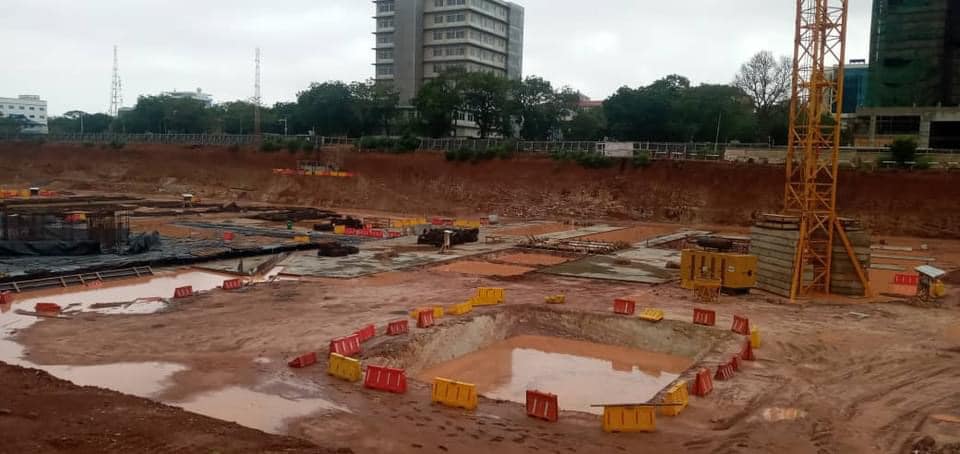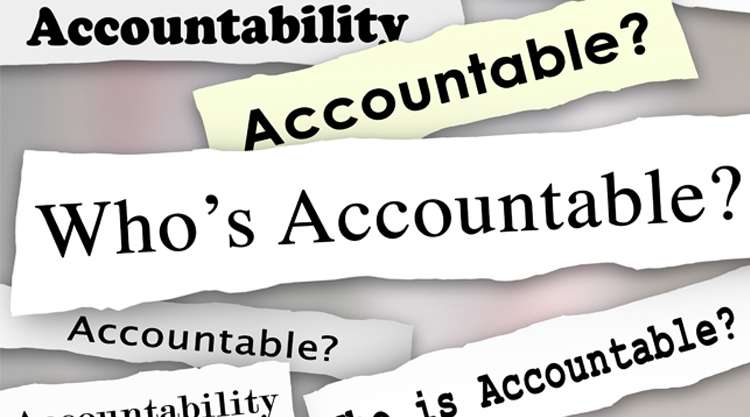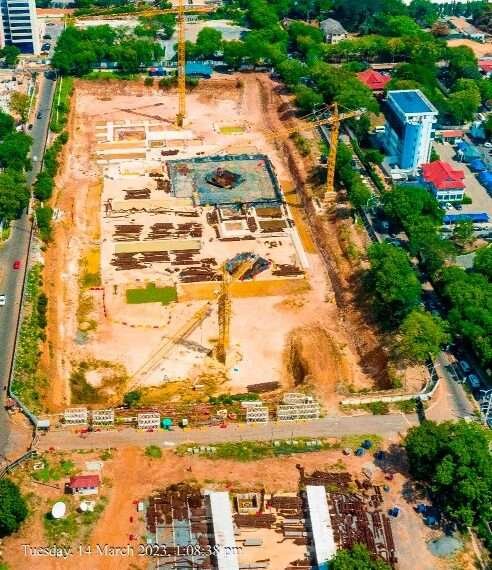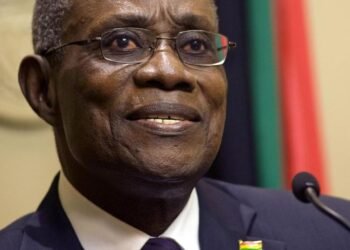In a growing storm of public criticism, the abandoned National Cathedral project has resurfaced as a major national controversy, after revelations showed that nearly $97 million of public funds have already been sunk into the stalled initiative.
According to Joyce Bawah Mogtari, Special Aide to President Mahama, the colossal expenditure for what she describes as a “still-nonexistent” project may ultimately stand as one of the worst financial betrayals in Ghana’s history.
She underscored that while the project was launched amidst grand promises and moral appeals, it has now become synonymous with governmental waste, deception, and skewed priorities.
“No foundation laid. No structure in sight. Nothing – except empty ground and vanished millions.
“Think for a moment what that huge money could have done? The classrooms for our children, hospitals in rural communities, clean water for thousands of our people, support for our farmers and small businesses, and funded youth employment and entrepreneurship, among others.”
Joyce Bawah Mogtari
Despite ongoing public uproar, Mogtari noted that the project continues to suffer from opaque financial disclosures and what she characterized as deafening silence from key stakeholders, including members of the Board of Trustees and former Minister of Finance.
She lamented the failure of those tasked with safeguarding the public purse to come forward with transparent explanations or justification for the vast sums expended.
“Instead, we are left with bogus budgets, false claims and deafening silence,” Mogtari stated, acknowledging recent disclosures made by the Minister of State for Government Communications.

Accordingly, Mogtari emphasized that the recent revelations from the Minister of State for Government Communications should be seen as an important step towards promoting transparency and ensuring accountability in the management of public resources.
In her view, acknowledging these disclosures is critical, as they represent a rare and bold effort within government circles to expose financial irregularities and demand clarity on the use of taxpayers’ money.
Without such openness, she argued, public trust will continue to erode, and the cycle of mismanagement and unanswered questions around the project will persist.
National Cathedral Controversy Fuels Accountability Calls
With the controversy surrounding the National Cathedral project intensifying, Mogtari’s remarks reflect the increasing frustration among Ghanaians over the lack of accountability.
She stressed that although the initiative may have been conceived with good intentions, such ideals cannot excuse the apparent financial mismanagement tied to the project.
In her view, ventures connected to national identity and religious symbolism should adhere to the strictest standards of transparency and ethical governance, rather than becoming examples of poor oversight and waste.

“So many questions have been raised. Ghanaians deserve answers. Ghanaians deserve better. Heads ought to and must indeed roll. And justice must be seen to be served.”
Joyce Bawah Mogtari
Amid the National Cathedral controversy stands a recently released Deloitte audit, which revealed that, contrary to widespread reports that total payments and commitments to the project amounted to $58 million, an additional outstanding payment of $39 million is due to the contractor.
This revelation brings the total cost associated with the project to a staggering $97 million — for what critics now label “a hole in the ground.”
The Deloitte findings intensified public anger, leading to increased calls for action from citizens and civil society alike.
The National Cathedral, once envisioned as a monumental symbol of Ghana’s religious unity and national pride, now stands at the heart of a debate about governance, corruption, and fiscal responsibility.
Critics argue that the financial missteps tied to the project reflect broader issues of policy mismanagement and misplaced national priorities.

Mogtari emphasized that Ghanaians deserve clear answers to the many questions surrounding the project’s finances. She noted that accountability, rather than lofty ideals, will determine whether public confidence in state institutions can be restored.
In the meantime, calls are mounting for a full-scale parliamentary probe into the project’s financial dealings, as well as stringent legal measures to retrieve misused funds and penalize those responsible.
Many Ghanaians, including policy analysts and civil society organizations, now argue that the National Cathedral should serve as a cautionary tale about the consequences of poor planning and unchecked executive initiatives.
As Joyce Bawah Mogtari concluded, Ghanaians “deserve better.” Until meaningful steps are taken to address the public’s concerns, the $97 million cathedral scandal will likely remain a potent symbol of misgovernance in Ghana’s recent history.
READ ALSO: Kwabena Kwabena Taps Stars for ‘Asor’ Remix




















